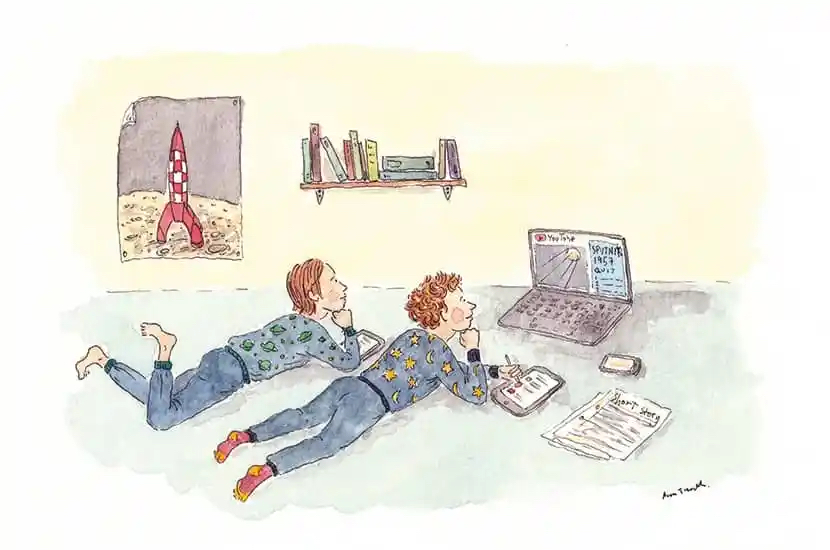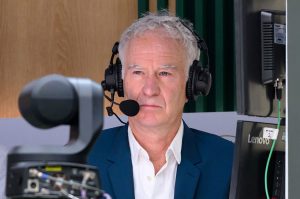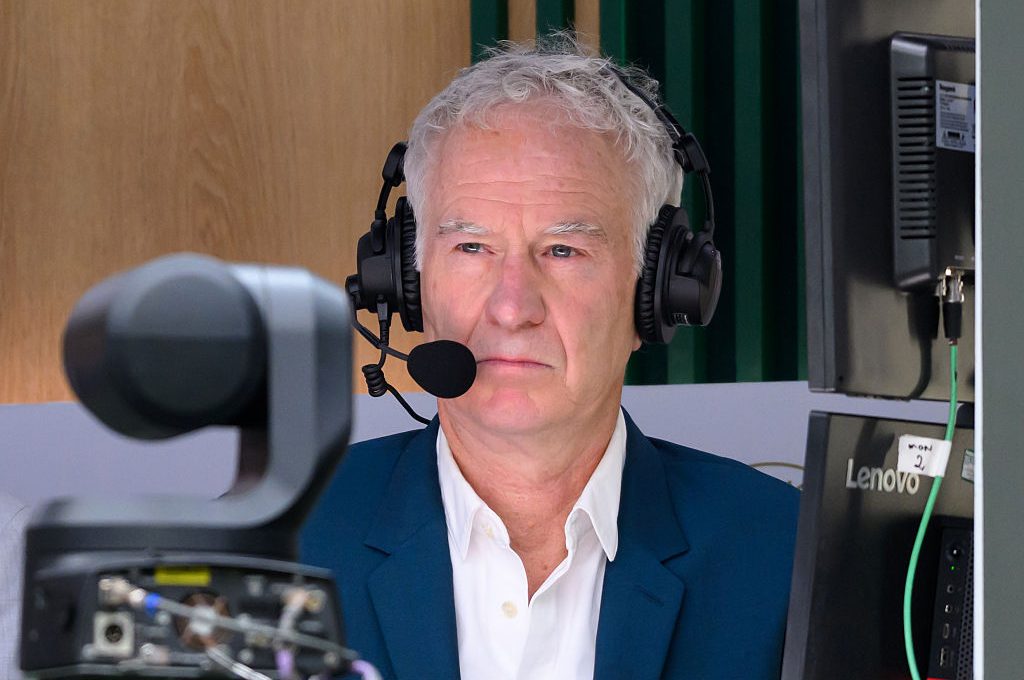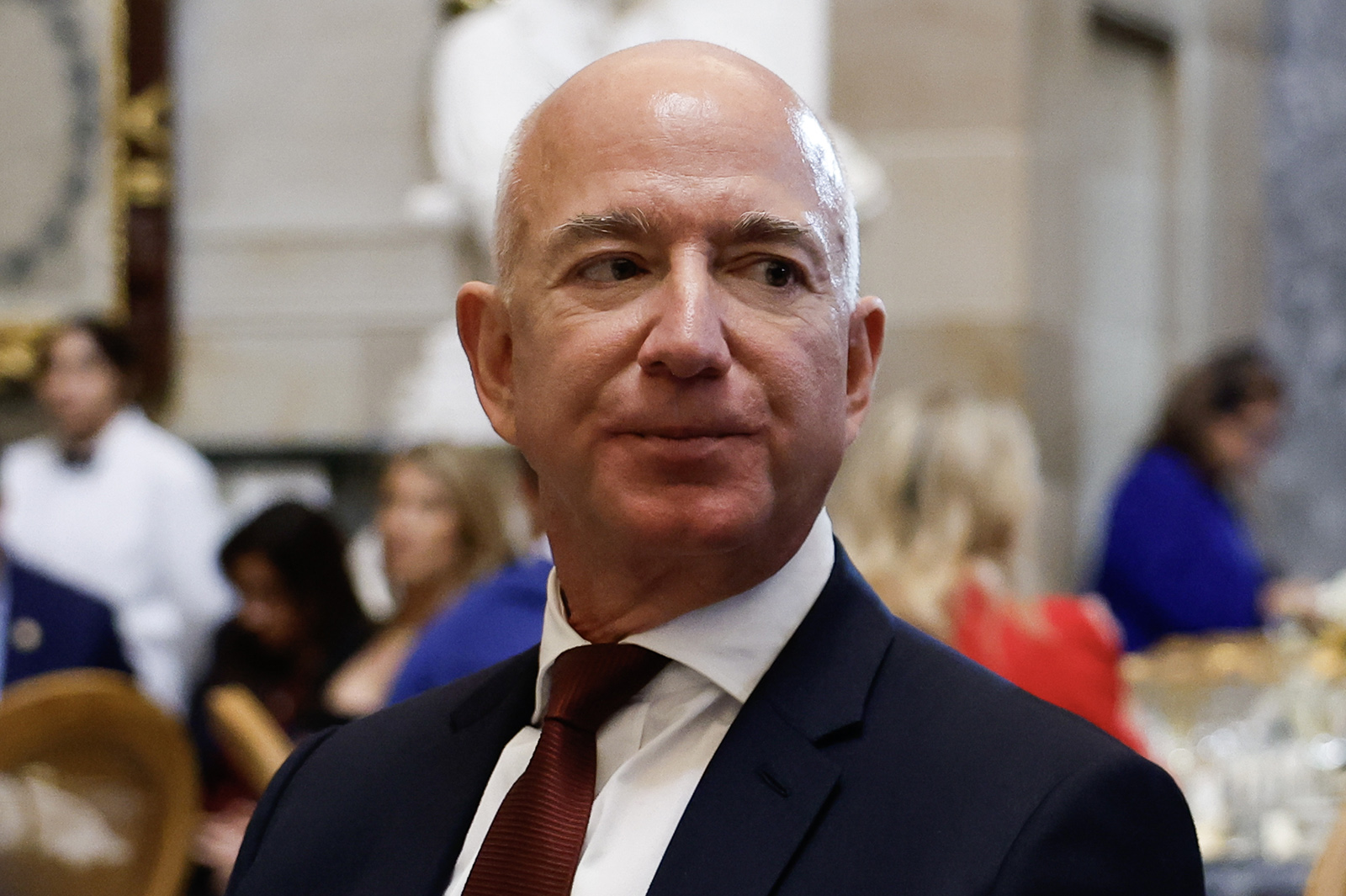Are children more likely to be abused in a homeschool environment than in a public school?
That key question has emerged in response to the recent surge of parents who have chosen to homeschool their children. Late last year, I wrote in this newsletter about an anti-homeschooling series by the Washington Post. The Post series argued that parents regularly use homeschooling as a shield for abuse, most aggressively in an article headlined “What home schooling hides: a boy tortured and starved by his stepmom.”
“Most schools have teachers, principals, guidance counselors — professionals trained to recognize the unexplained bruises or erratic behaviors that may point to an abusive parent. Home education was an easy way to avoid the scrutiny of such people,” the article says. “The research… suggests that when abuse does occur in homeschool families, it can escalate into especially severe forms — and that some parents exploit lax home education laws to avoid contact with social service agencies.”
There are several serious problems with the “research” presented by the Post. One study only collected data from six school districts across a period of a few years to claim half of students who are homeschooled were removed from school after an allegation of abuse at home. Not only is this not a representative sample of homeschooled kids, but it also lumps in substantiated with unsubstantiated allegations of abuse. The Post cites another survey of children who ended up in the hospital with signs of torture. About half of them had been homeschooled. The sample size? Seventeen children.
One thing that really caught my eye when looking into the suggestion that homeschoolers are more likely to be subjected to severe abuse was the media’s prominent citation of a group called the Coalition for Responsible Home Education. The CRHE says they are a group of formerly homeschooled kids who were either abused or not properly educated and want to reform the homeschooling system. They mostly advocate for tighter regulation of homeschooling; random home drop-ins, registration with the state, social worker check-ins, et cetera. The group sounds innocent on its face; it’s not totally unreasonable to believe that homeschooling children should not be totally isolated from the outside world in the case that they need to report abuse.
However, as I dug further into the group’s assertions and accompanying research, there were some fundamental dishonesties I couldn’t overcome. I was led to believe that CRHE — and the media outlets who were reflexively citing it as an expert organization — are just part of a first step to discredit homeschooling entirely.
The first red flag popped up when I was digging around in CRHE’s database of what they refer to as “victims of homeschooling abuse.” The database is called “Homeschooling’s Invisible Children” and compiles public cases of children who were abused in a homeschool environment. The HIC database is cited by many media organizations as evidence of widespread homeschooling abuse. On its website, CRHE publishes a chart purporting to show that abuse fatalities among homeschooled children are higher than children who attend public or private school, even though they admit the difference is not statistically significant.
“Our preliminary research suggests that homeschooled children are at a greater risk of dying from child abuse than are traditionally schooled children. This preliminary finding is based on an analysis of the cases in our Homeschooling’s Invisible Children (HIC) database and on national government reports on child maltreatment. When we compare the rate of child abuse fatalities among homeschooled families to the rate of child abuse fatalities overall, we see a higher rate of death due to abuse or neglect among homeschooled students than we do among children of the same age overall,” CRHE says.
I discovered that CRHE lists Elizabeth Smart as one of these “victims of homeschooling abuse.” Smart was kidnapped from her bedroom by a depraved couple that raped and tortured her; the only connection she has to homeschooling is that her kidnappers instructed her to tell strangers that she was homeschooled to avoid investigation. Perhaps an intellectually dishonest person could make the case that Smart’s kidnappers took advantage of lax homeschooling regulations to avoid questions and ultimately prevent her rescue, but what regulation proposed by CRHE would have prevented this? Obviously no social workers were going to drop in to Brian David Mitchell’s tent in the woods, nor would Mitchell comply with state registration of the little girl he stole from her parents. The only way someone might have been “tipped off” by Smart claiming to be homeschooled is if the practice were banned entirely. Hmm.
It seemed that I needed to look further into “Homeschooling’s Invisible Children” database. How many other children considered “victims of homeschooling abuse” by CRHE were children whose kidnappers pretended to homeschool them? What other kinds of cases might have been wrongly included in their analysis?
Here’s what I found: there were a substantial number of cases including in the HIC database that either had nothing to do with homeschooling or could not have been prevented with homeschooling regulations.
There were at least twenty other children listed in the database who had been abducted from their parents and whose abductor claimed to be homeschooling them. Again, the homeschooling regulations proposed by CRHE would not have prevented these cases. There were nearly thirty cases that did not take place in the United States. There were fifteen children who were victims of sex abuse by a homeschool teacher they saw outside of the home, challenging CRHE’s fundamental assertion that children are safer when they have contact with authority figures beyond their parents. There were four homeschooled children who died in tragic accidents, and one homeschooled student who established an abusive online relationship with a famous singer. This adds up to about seventy cases of so-called “homeschooling abuse” that were nothing of the sort.
The biggest indictment of CRHE’s data, though, is that they include cases of family annihilators or murders where there were no reports or evidence of past abuse. A family annihilator refers to a parent, usually a father, who murders all of the members of his or her family before committing suicide. These individuals are usually described as having “snapped” — they might have had an unknown history of serious mental illness, a triggering event might have occurred (divorce, job loss, et cetera), or they may have been experiencing a psychotic episode. These events are marked by their suddenness; there were not obvious “signs” that the perpetrator would do something like it.
There are at least sixty-four homeschooled children who were suddenly murdered by a family member with no past reported abuse in the HIC database. None of them were cases where the children had recently been pulled out of school by the perpetrator, so it’s unclear why they are included. The murders seemingly had nothing to do with homeschooling and would not have been prevented had the children been going to school outside the home.
In addition to the inclusion of cases that are either divorced from the act of homeschooling entirely or at least don’t demonstrate CRHE’s point about homeschooling shielding abuse, the HIC suffers from other drawbacks. In many of the included cases, the homeschooled children did have access to outside groups, like church groups, extracurriculars, sports teams, community centers, et cetera, where they could have reported their abuse. They were not reliant on a public-school teacher noticing the abuse.
There were also many cases in which the homeschooling parents lived in states where CRHE’s proposed regulations were already in place, but the abusive parents chose not to follow the law. Finally, there were numerous cases where abuse reports were made but the child protective systems in place either failed to substantiate the claims, failed to remove the children from the home, or returned the children to the parents even after substantiating the abuse.
Another common thread among “victims of homeschooling abuse?” These children were adopted out to or fostered with abusive parents by the very system that CRHE would like to see as the “answer” to child abuse. Just like we know that public schools are one of the top places where children are likely to experience sexual abuse. CRHE identifying these places or systems as potential safety nets for children is naive, to be generous.
A final issue with CRHE’s data is that the American Institute for Economic Research looked into the question of whether students are safer in school versus homeschooled. This is what they found.
“Using plausibly causal methods, I estimate what happened to child safety rates when states adopted homeschool legislation. These state laws, mostly adopted in the 1980s and 1990s, clarified the state rules under which homeschooling was legal and shifted some children from formal schooling to homeschooling,” writes researcher Angela Dills. “Similar to earlier studies, I do not find robust, statistically different rates of child fatalities, child maltreatment fatalities, nor reported child maltreatment cases.”
This should be enough evidence to dismiss the idea that homeschooling is less safe for children than attending school outside the home. Of course we should do what we can to protect the few kids whose parents do use homeschooling to hide their maltreatment, but the existing research suggests there is nothing inherently dangerous about parents choosing to instruct their kids outside of the school system.


























Leave a Reply